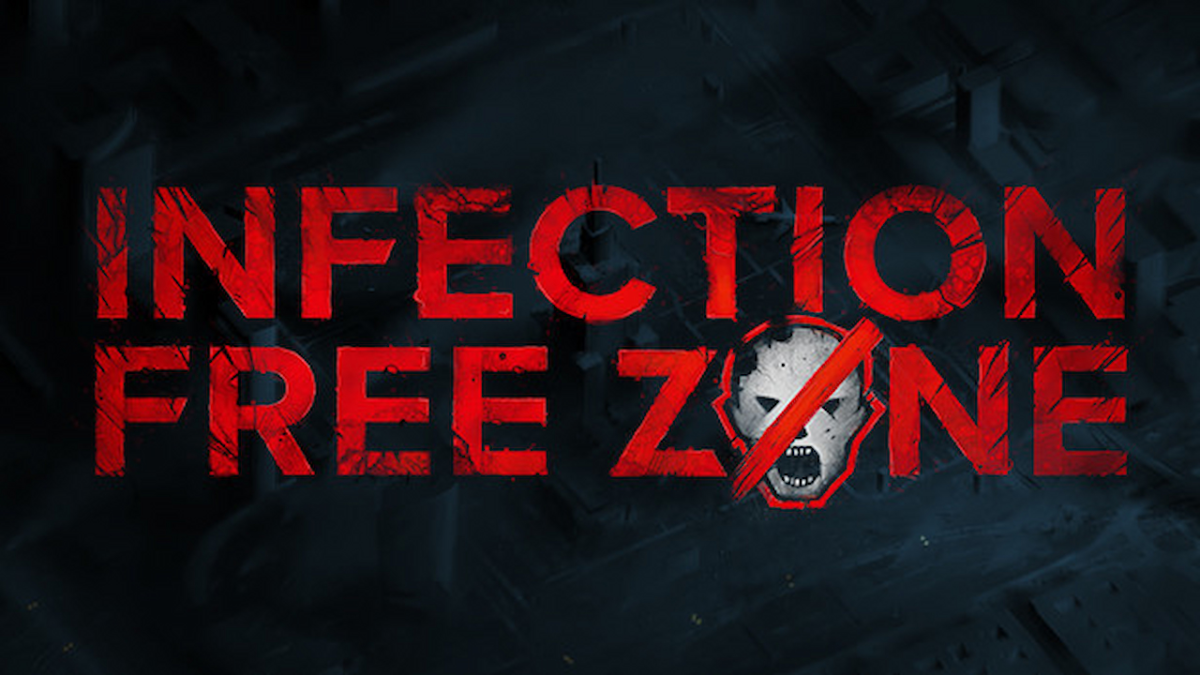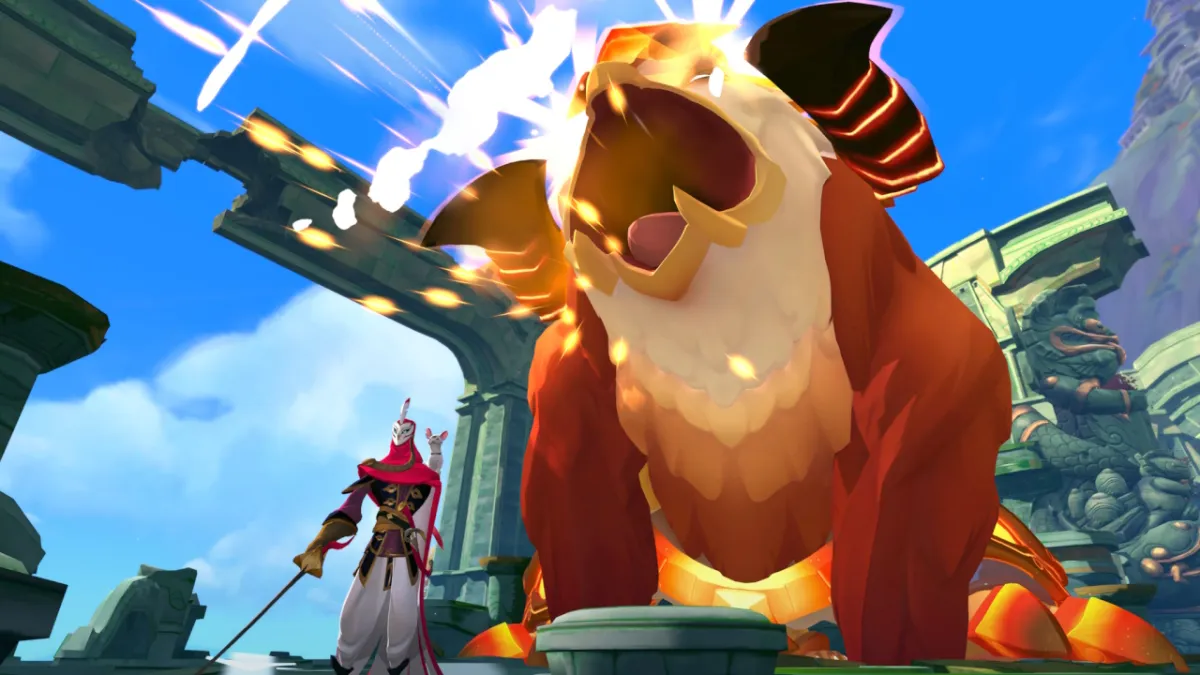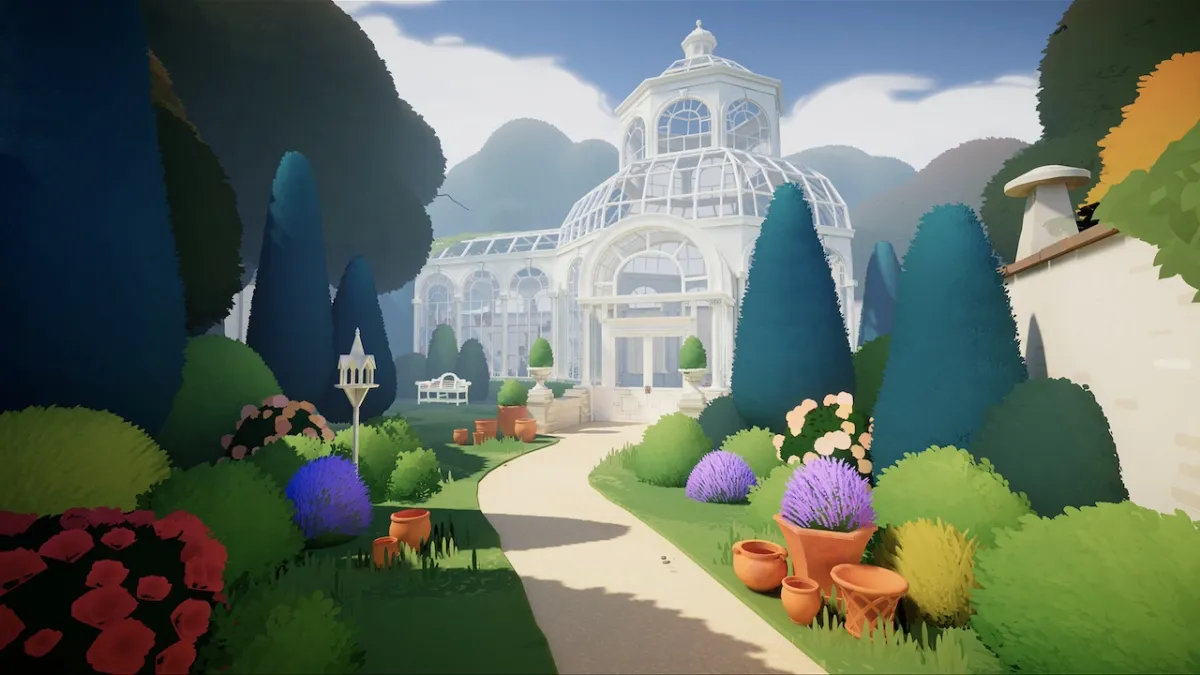If you’re wondering why this review of A Game of Thrones: Genesis (let’s call it GoT:G) is popping up quite late, it’s because review code was only available from the day of release. Anyone familiar with the film industry will know that a lack of early press screenings is a big ol’ warning klaxon, and the impression left by GoT:G’s ominously quiet release was no different.
Based on the entertaining, doorstep-sized books by George RR Martin (which also spawned a splendid HBO series), the title is really two games in one; a skirmish mode (called House vs House) and a single player campaign, which, oddly, is more like an extended tutorial. While the latter is something that Cyanide would conceivably want to hide from critical eyes, House vs House benefits from a few interesting mechanics and fairly decent multiplayer.
First, let’s address how the skirmish mode functions. Although it isn’t really presented as the ‘main’ game type, House vs House is the only mode which gives you unrestricted access to all of the game’s features. Matches play out like a real-time board game, in which various ‘pieces’ are at the players disposal, allowing them to control nearby towns, gold mines and castles.
In the opening phase of the game, players vie for power by sending out envoys to win over local settlements, and attempt to further secure these alliances with methods such as a blood marriage (thanks to the efforts of noble ladies) or the protection of guardsmen. At the same time, there’s also a delicious menu of underhand delights to serve up to your opponents.
Spies, assassins and rogues all perform tasks that will irritate and harass your foes, such as forming secret agreements (which can only be revealed by sending out counter-spies to perform loyalty spot-quizzes, like some medieval Joseph Stalin), poisoning your envoys and fermenting unrest amongst townsfolk. If you have the gold for it, you also have the option of sending mercenaries to harass merchants (who travel between allied towns generating wealth).
There’s a fair bit more depth to the system than that, but the basic premise is that players need to hold on to their allied territories, expand where possible, thwart enemy incursions and subterfuge, but also launch covert efforts of their own. Pacts can be signed between parties too, offering mutual benefits like the removal of the fog of war from each other’s lands.
Although complex, this multi-layered system of attacks and counters is the greatest strength of the game. In House vs House you have a lot of freedom in how you wish to pursue your goals, so if you like you can concentrate on being an assassin-heavy creep who stabs all the opposing envoys and brides, or opt to be a straightforward, honourable type who solidifies alliances through marriage and maintains control through military power. Better yet, with enough tact and skill you can appear to be the latter while actually being the former.
Overall victory in GoT:G is dependant upon ‘prestige’, which has nothing to do with Christian Bale and David Bowie, but everything to do with how many allies a player has, how many units he’s slain, how much gold he has, and whether he has control over a Sept (the religious buildings of this universe). To boost prestige, you can also complete in-game ‘challenges’ like slaying an opposing spy within a certain time limit.
Diplomatic efforts continue until one player reaches 100 points of prestige, or too much violent action brings an end to the uneasy peace and ushers in the war phase. Once here, all secret agreements are laid bare (affecting the prestige of any duped lords), the majority of diplomatic actions cease and armies can be raised. These are dependant upon grain, farmed by peasants, and are your only option for taking towns during this phase. Play then continues until someone reaches that 100 point goal.
Aside from an emphasis on deception, you’ll perhaps have spotted that this game doesn’t seem all that reliant upon the Song of Ice and Fire license. Sure, it features names of characters from the series and (a few) locations from the books, but just as putting a pilot called Mr Rochester in a flight sim doesn’t make it Jane Eyre, you need to do more than just put a team called ‘Lannisters’ in a game to make it feel properly Game of Thrones-ey.
Throughout GoT:G, you may have the same creeping suspicion as me that the title started out as a generic medieval strategy game and only became a Thrones piece once the license was secured. This impression even extends to the single player campaign, despite it basing missions around historical events from the book series.
The problem is, most of these events happen ‘off-camera’ in the books and don’t tend to involve characters we’re especially attached to (often, they’re rulers from several generations prior to the first novel). GoT:G does little to give these people any additional personality, so you never really feel like you’re helping Queen Nymeria settle in Dorne or the Night’s Watch protect The Wall. Instead you feel like you’re sending envoys and troops around the place in far more linear, restricted version of House vs House.
Budgetary restraints appear to have been a problem for the developers too. There doesn’t seem to be any other good reason for making every individual unit type sound the same, no matter which House they serve (so Tyrell envoys sound identical to Stark ones). In fact, the only distinguishing factors of each House are the different colours, badges and a lone ‘unique’ unit (Stark direwolves, for example). They otherwise blend together.
A couple of exceptions aside, the voice actors aren’t too bad, they’re just horribly miscast. There’s a guy who’s doing a reasonable impression of the HBO Game of Thrones Robert Baratheon (as a generic ‘Great Lord’), but for some unknown reason doesn’t get to voice him in the actual mission featuring Robert. It’s also something of a mystery why every single Targaryen ruler from past and present has a cut-glass English accent, or why all the peasants sound like a camp Burgess Meredith.
The single player missions alternate between baffling and awful. In one, you’re told to raise 1,000 gold to pay for some hired crossbowmen and to raise an army of your own. Once you’ve done so, a narrative voiceover informs you that the crossbowmen never showed up, but that your own armies won the day. You never get to actually partake in this battle, your role was simply to earn 1,000 gold (for, ultimately, no reason) and churn out a couple of units. This is tutorial level stuff, but it occurs about halfway through the campaign. Another mission has you running a little Robert Baratheon character around a town escaping from Targaryens like some weird RTS version of Pac Man. That’s less fun than it may sound.
The mechanics from the House vs House mode (in other words, the interesting stuff) start out fairly restricted in single player (you might be instructed to use assassins to kill some noble ladies and weaken some alliances, say), and flat out disappear by the time the final missions come around. In these you’ll find yourself just moving a handful of military units around the map, hoovering up enemies like a low-budget RTS. It seems crazy for the campaign to rely so heavily on fighting (which is only a partial aspect of House vs House), especially as it’s based on a simplistic rock-paper-scissors system.
To make things plain, GoT:G is only worth it for the House vs House mode. To specify still further, it’s probably only worth it if you intend to play a lot of multiplayer. House vs House is problematic against the AI, because you can either set it to easy/normal and win, or you can set it to higher levels and cry as it uses super AI powers to move on about twelve fronts at once while you’re fumbling around with a lone group of mercenaries.
Play against another set of fleshy human beings, however, and House vs House takes on a devious charm. I’m unsure whether the focus on deception and alliances is a brand new one for a real-time strategy (probably not), but it provides a neat back-and-forth tussle if you can get four or more players together (there are maps for two, but the game seems designed for multiple parties).
So while single player is pretty much a write-off, and none of the game modes really do the Game of Thrones license justice, multiplayer House vs House offers a relatively original take on medieval power struggles. Pray that enough of a multiplayer community sticks around, because this is a title where you’ll want to wait for a sale.



